

Otto Klemperer’s mono recordings of Beethoven’s Symphonies Nos. 3, 5, and 7 are historic in several senses. Not only are they terrific performances by themselves,
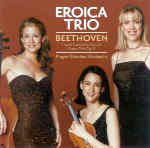
Since the late 1950s, EMI has graced the catalog with at least four excellent recordings of Beethoven’s Triple Concerto. This release, however, falls short of
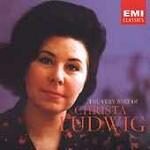
I’ve had occasion to register disappointment with several releases in EMI’s “Very Best Of …” series, either because the selections weren’t worthy of the singer
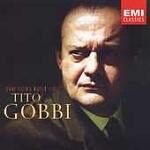
Here’s a virtual compendium of great Italian opera baritone arias, and Tito Gobbi’s singing is a textbook illustration of how they should be done. He

Renata Scotto was one of the leading sopranos of the 1960s, a mainstay of the Met and the big European houses, and one of the
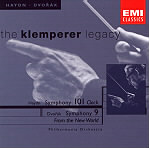
The Otto Klemperer legacy goes on with more marvelous recordings from the 1960s. Haydn’s “Clock” Symphony is surprisingly fast and lively, even by today’s standards.

Here’s another outstanding disc by Maxim Vengerov, a successful frontal assault on three showpiece pillars of French Romanticism. The Lalo and the Saint-Saëns were written
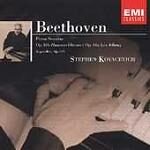
Stephen Kovacevich’s long-anticipated recording of Beethoven’s “Hammerklavier” Sonata grasps at the bar upon which the work’s reference versions reside. The pianist’s rough-hewn energy and kinetic

Fidelio is an opera that’s rarely taken lightly; casting is as serious a matter as orchestral preparation and conductorial approach. The available recordings attest to
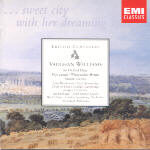
David Willcocks was director of the King’s College Choir when stereo recording was in its Golden Age. American listeners first heard his recordings on Argo,
![]()
